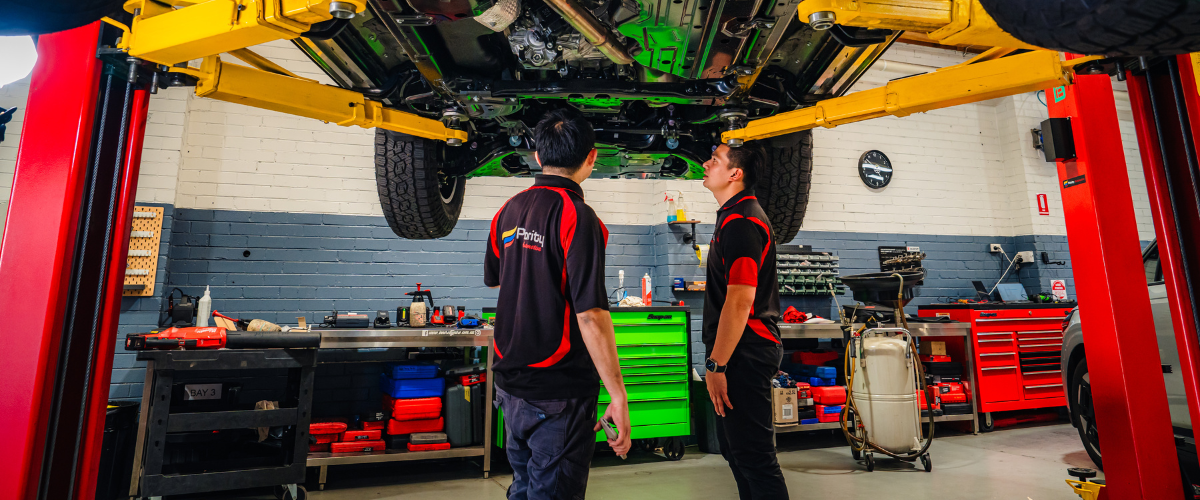Causes of a Car AC Compressor to Failure?
The air conditioning (AC) system in your car is crucial for maintaining a comfortable interior climate, especially during the hot Australian summers. The heart of this system is the AC compressor, which is responsible for compressing the refrigerant and circulating it through the system. When the compressor fails, the entire AC system can become inoperative, leading to discomfort and potential further damage. Understanding the common causes of AC compressor failure can help you prevent such issues and ensure your vehicle’s AC system remains functional.
1. Refrigerant Issues
Low Refrigerant Levels: One of the most common causes of AC compressor failure is low refrigerant levels. When there isn’t enough refrigerant, the compressor has to work harder to circulate the available amount, leading to increased wear and tear. Over time, this excessive strain can cause the compressor to fail.
Incorrect Refrigerant: Using the wrong type of refrigerant or mixing different types can also cause compressor issues. Each AC system is designed to use a specific type of refrigerant, and using an incompatible one can lead to inefficient operation and eventual failure.
Contamination
Dirt and Debris: Contaminants such as dirt, debris, and moisture can enter the AC system and cause damage to the compressor. These contaminants can clog the system, reduce efficiency, and lead to the compressor overheating.
Metal Particles: When internal components of the AC system wear out, they can release metal particles into the refrigerant. These particles can circulate through the system and cause damage to the compressor’s moving parts, leading to failure.
3. Electrical Issues
Faulty Wiring: Electrical issues such as faulty wiring or blown fuses can prevent the compressor from receiving the necessary power to operate. Without sufficient power, the compressor cannot function properly and may eventually fail.
Short Circuits: Short circuits in the electrical system can cause sudden surges in power, which can damage the compressor’s motor and other electrical components. This can lead to compressor failure and potentially damage other parts of the AC system.
4. Lubrication Problems
Insufficient Lubrication: The AC compressor requires proper lubrication to reduce friction and prevent overheating. If there is not enough lubricant, the internal components can grind against each other, leading to excessive wear and eventual failure.
Contaminated Lubricant: Just like the refrigerant, the lubricant in the AC system needs to be clean and free of contaminants. Dirty or contaminated lubricant can reduce its effectiveness, causing increased friction and heat within the compressor.
5. Mechanical Wear and Tear
Normal Wear: Over time, the components of the AC compressor can wear out due to normal usage. Bearings, pistons, and other moving parts can deteriorate, leading to decreased efficiency and eventual failure.
Overuse: Running the AC system continuously for long periods, especially in extremely hot conditions, can cause the compressor to overheat and wear out more quickly. Regular maintenance and allowing the system to rest can help extend its lifespan.
The AC compressor is a vital component of your car’s air conditioning system, and understanding the factors that can cause it to fail is essential for maintaining its functionality. Regular maintenance, proper refrigerant levels, and ensuring clean, uncontaminated lubricant are crucial steps in preventing compressor failure. If you suspect any issues with your car’s AC system, it’s important to seek professional help to diagnose and address the problem before it leads to more significant damage.
For expert AC system maintenance and repairs, trust Priority Automotive. Our skilled technicians can ensure your vehicle’s air conditioning system is running smoothly, providing you with comfort and peace of mind on the road. Visit Priority Automotive to learn more about our services.

